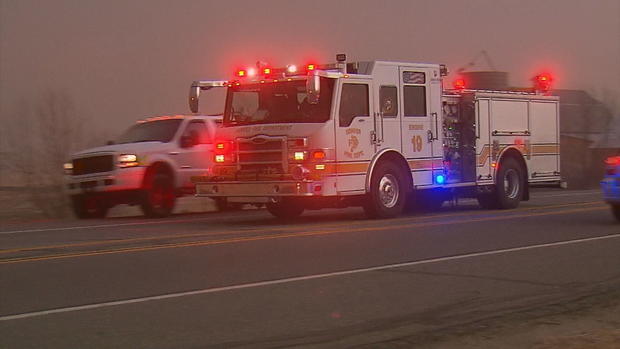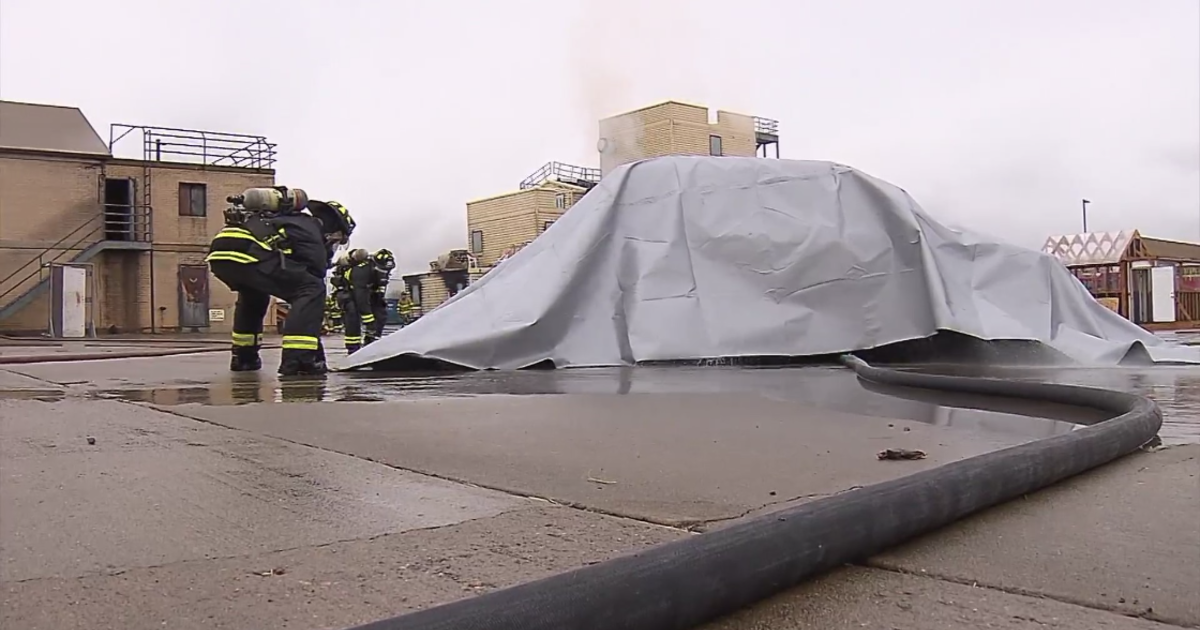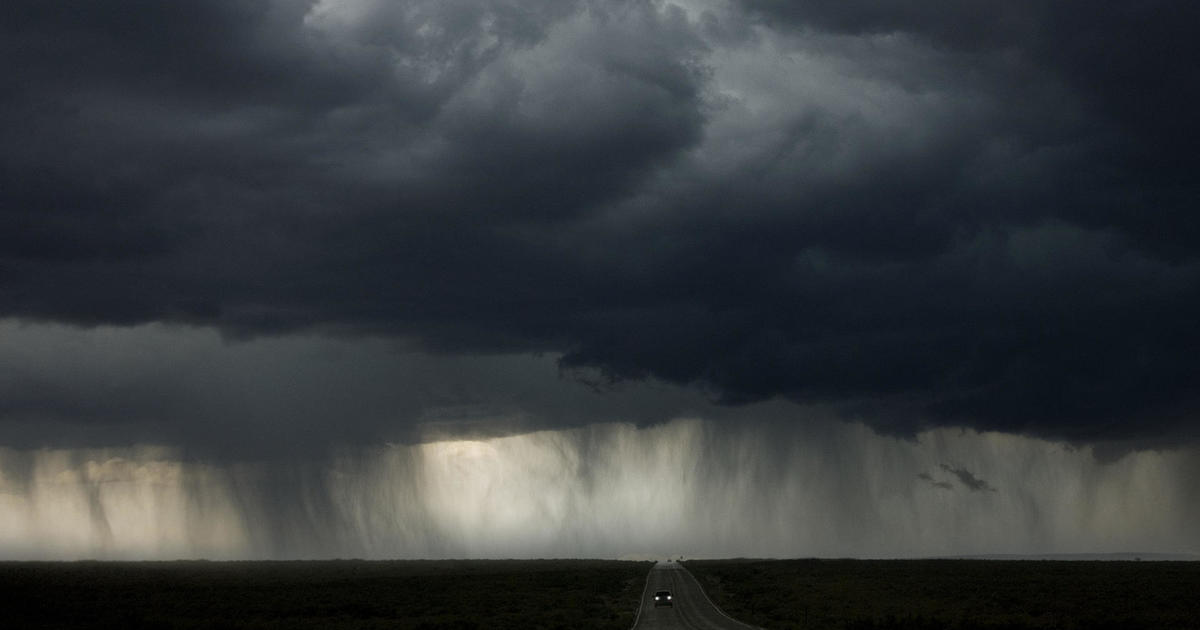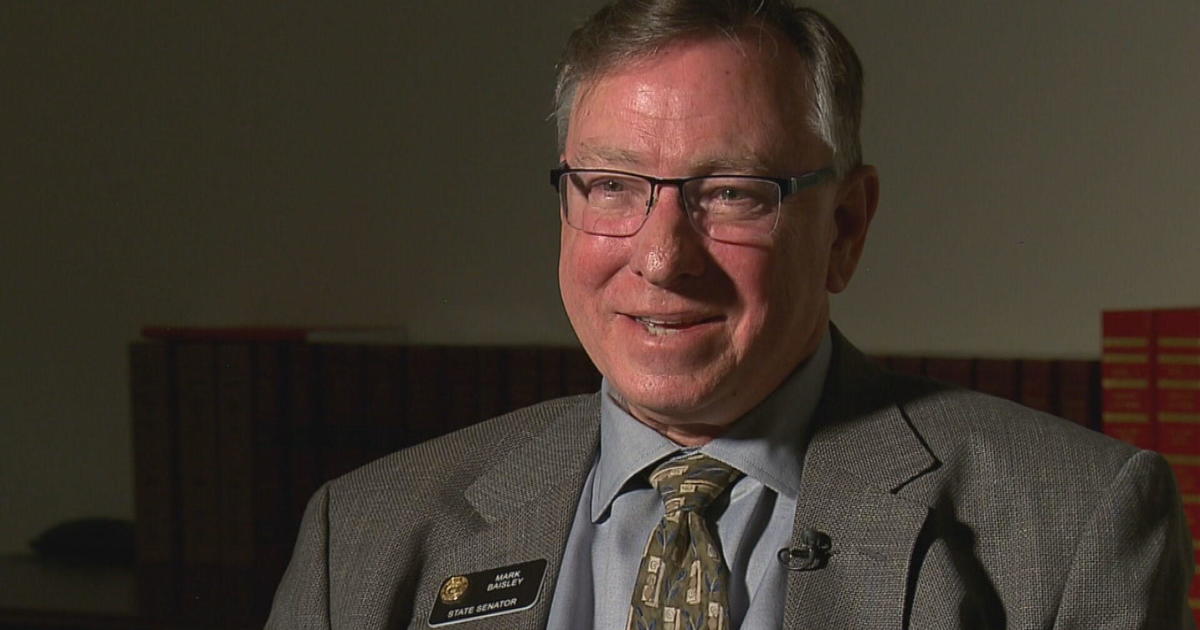Amid Unyielding Fire Danger, Coloradans Are On Heightened Awareness
LOVELAND, Colo. (CBS4) – Following the historic Cameron Peak Fire, the Marshall Fire and many others in recent years in Colorado, many communities and their fire departments are on heightened awareness when it comes to dry and windy days. Cameron Peak was Colorado's largest wildfire in recorded history, and it was largely fueled by dry conditions and wind gusts.
The Marshall Fire, the state's most destructive fire on record, was also fueled by dry terrain as well as hurricane-force winds.
Loveland Fire Battalion Chief Kevin Hessler told CBS4 this week that many people in his community are on heightened awareness following the fires, as are the firefighters tasked with protecting the community.
"I feel these incidents have shown what they can look like, how quickly they can transpire, which has put people on heightened awareness," Hessler told CBS4's Dillon Thomas. "On a daily basis it is far more critical to be paying attention to the weather."
Colorado's Front Range has seen strong wind gusts in recent days, causing power outages and toppled semis on interstates.
Hessler said he has noticed an increase in residents calling 911 lately to report relatively minor fires, likely in fear of quick spread onto their properties.
"(We receive all kinds of calls) -- from a pot planter fire that was here on 4th Street to something bigger. They make a phone call into the department."
The rapid spread of fire on dry and windy Colorado days has caused several agencies to be further prepared for any possible fire.
The Larimer County Sheriff's Office told CBS4 that following the Cameron Peak Fire they reallocated funds and manpower to assure resources are on standby for any fire response needed.
Loveland Fire, on windy days, also doubles down their resources for calls involving grass fires and wildfires. When dispatched to a grass or wildfire, the department automatically dispatches out two different engines to respond instead of the single engine they would send to most other calls.
"If we can take care of (a fire) when it is small, rather than when it is large, the smaller the less trucks. The larger (the fire), it just requires resources from everywhere like you saw not only with the Marshall Fire, but with the Cameron Peak Fire as well," Hessler said
Hessler encouraged community members to be mindful of their surroundings, and to make sure to report any observations they make of smoke or fire.
"If you see something, say something because we have seen by the fires that have happened recently how quickly they spread and how quickly they do their damage," Hessler said.





